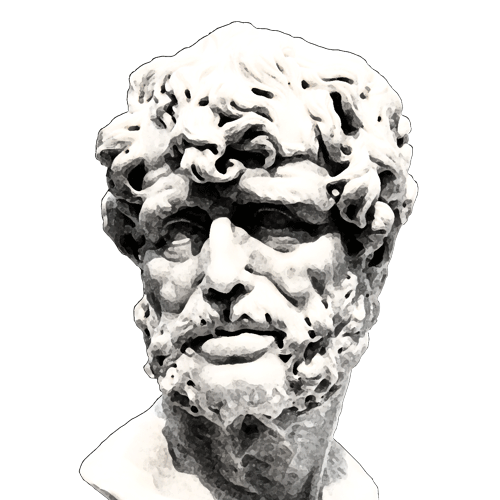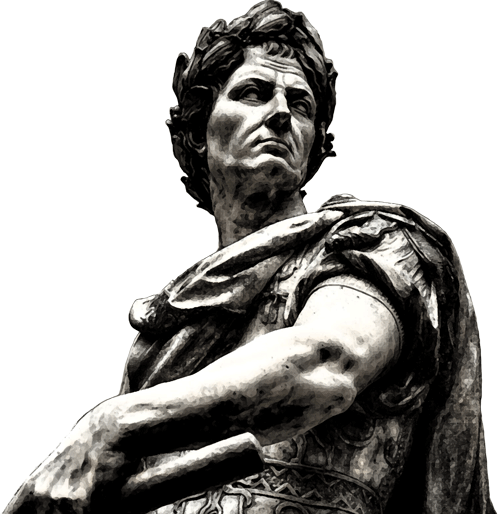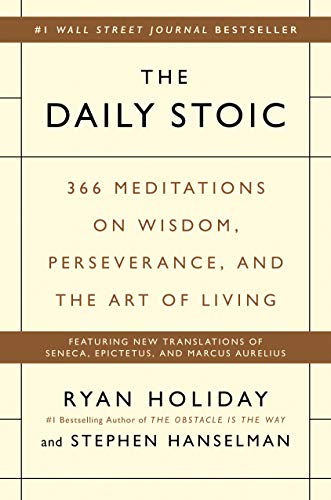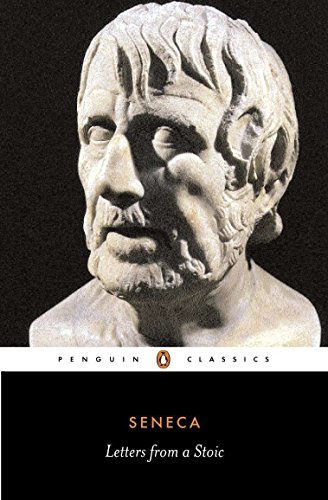
Hope Is Married To Fear
Hope Is Married To Fear
November 22nd
“Limiting one’s desires actually helps to cure one of fear. "Cease to hope, and you will cease to fear." Widely different as fear and hope are, the two of them march in unison like a prisoner and the escort they are handcuffed to.”
—Seneca
Letters From A Stoic
At the core of our anxiety often lies a tangled web of desires and expectations. Think about the last time you felt nervous or scared—wasn't there usually something you were hoping for, something you were attached to? Seneca, with his razor-sharp Stoic insight, teaches us that by reigning in our desires and curbing our tendency to set our hearts on outcomes, we simultaneously starve our fears.
When we want less, there's less at stake, and therefore, less to fear. It's like decluttering your emotional closet; keeping only what serves you and tossing out the excess that weighs you down. Can you identify a desire right now that might be holding hands with a fear?
Hope can be a double-edged sword—inspiring us to strive for better but also chaining us to the uncertainty of the future. Seneca draws this unexpected parallel: hope leads to fear because both are rooted in our fixation on futures we cannot control. When you catch yourself saying, "I hope this happens," you're implicitly acknowledging the possibility of the opposite outcome, which stirs up fear. It's a mental dance where fear and hope are partners, moving in sync to the same unsettling tune.
Could you practice letting go of a particular hope or desire today and observe whether that diminishes your fear? Embracing this Stoic wisdom might just transform your daily life into a calmer, more present, and fear-resistant journey.



